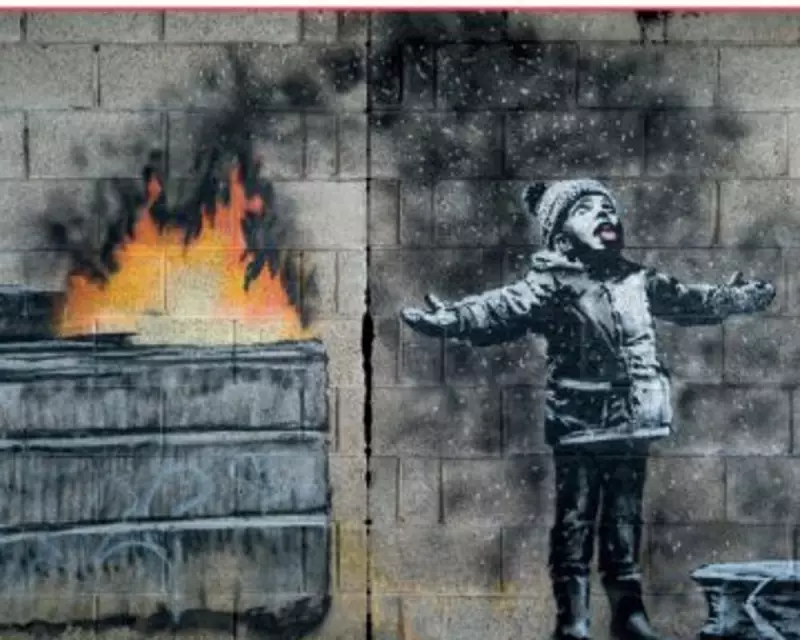
A prominent British art dealer finds himself at the centre of an international firestorm following accusations of illegally exporting valuable Banksy artworks from Italy, triggering a fierce debate about cultural heritage and ownership rights.
The controversy erupted when Italian authorities identified several pieces by the elusive street artist that had allegedly been removed from their original locations and transported to the UK without proper authorisation. The artworks, considered significant examples of Banksy's early work, were originally created on public and private properties across Italy.
Legal Battle Intensifies
The dealer, whose identity remains protected due to ongoing legal proceedings, maintains that the acquisitions were legitimate and properly documented. However, Italian cultural heritage officials argue that the removal and export of the works violate strict laws designed to protect the country's artistic patrimony.
"These aren't just random graffiti pieces," stated a representative from Italy's ministry of culture. "They represent important cultural artifacts that belong to the communities where they were created. Their removal constitutes a significant loss to our national heritage."
Complex Questions of Ownership
The case raises complex questions about the ownership of street art created on both public and private property. While Banksy's works routinely sell for millions at auction, their legal status when created without permission on surfaces owned by others remains murky territory.
Art law experts suggest this case could set an important precedent for how street art is treated within cultural heritage frameworks across Europe. The outcome may influence how similar works are protected, traded, and potentially repatriated in the future.
The British dealer's legal team argues that the works were at risk of deterioration or destruction in their original locations and that their removal actually preserved important cultural artifacts that might otherwise have been lost.
As negotiations continue behind closed doors, the art world watches closely, aware that the resolution of this dispute could reshape how Banksy's works—and street art generally—are treated within international cultural property law.





